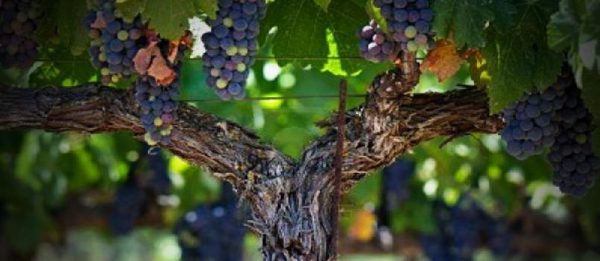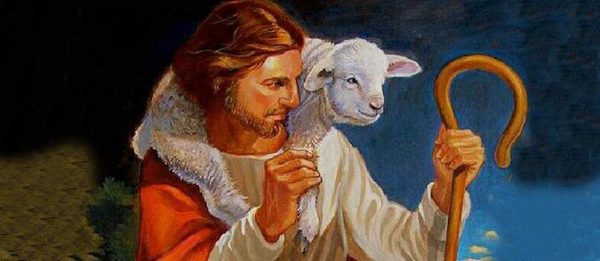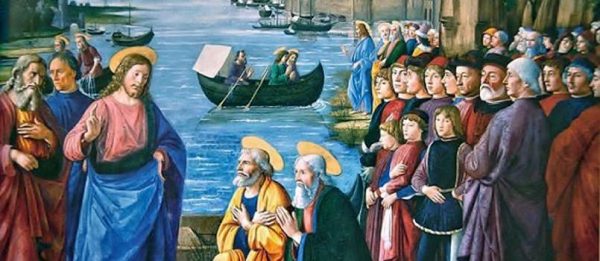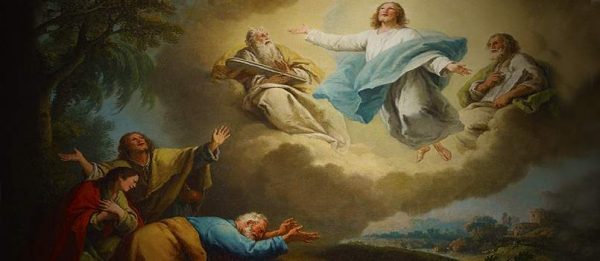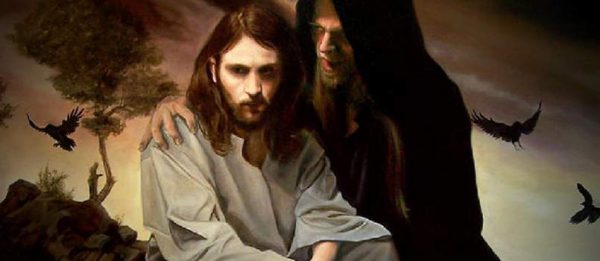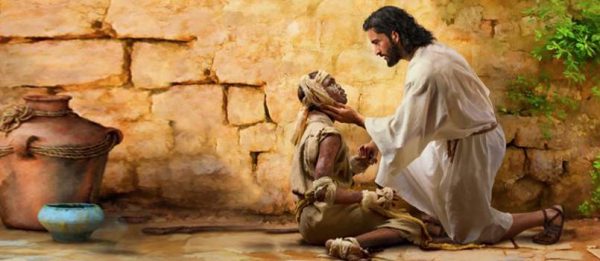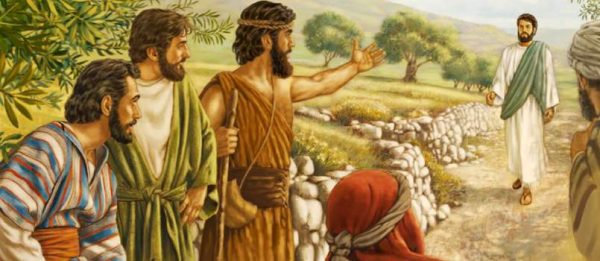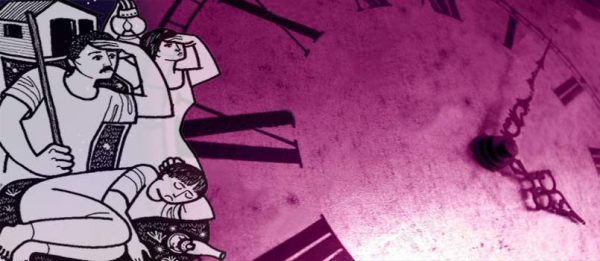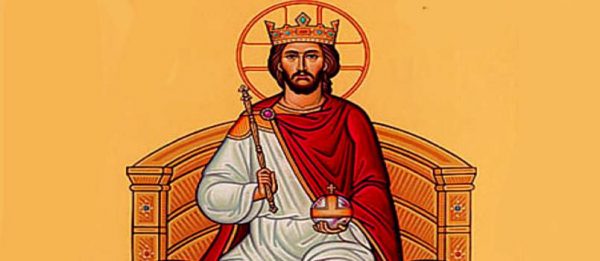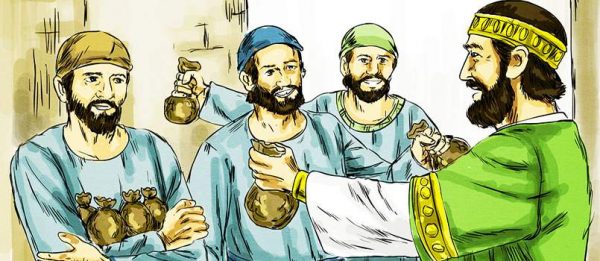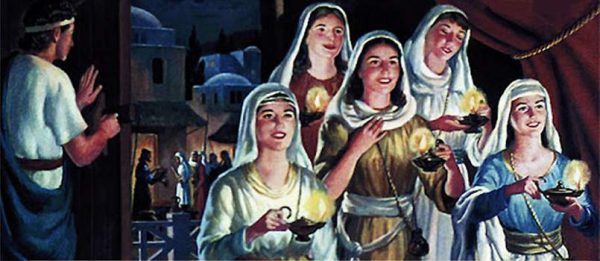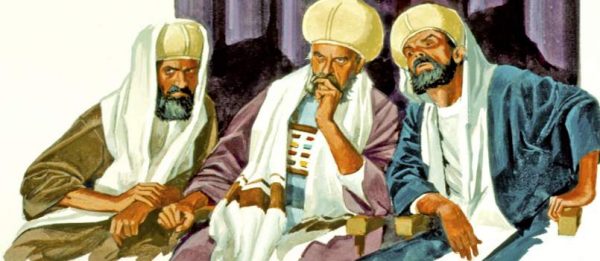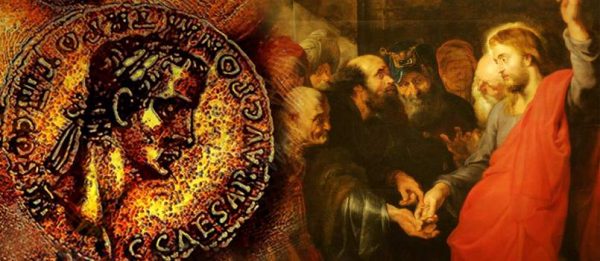342 total views
The Lord Is My Chef Sunday Recipe, Easter-4A, 07 May 2017
Acts 2:14,36-41//1Peter 2:20-25//John 10:1-10
Today is Good Shepherd Sunday, the World Day of Prayer for Vocations when we remember our spiritual leaders who guide us to God who is our “life… abundantly.” Every year on the fourth Sunday of Easter we hear parts of the tenth chapter of St. John’s Gospel to give us a glimpse of the Good Shepherd Himself, Jesus Christ. Everyone is actually a shepherd leading someone to fullness in life found only in God. Like us priests, people in every walk of life do some tasks of shepherding like couples and parents in their married life and family, public and civil officials whether elected or appointed in government services, managers and supervisors in every industry as well as teachers and other volunteers in every community. But our Gospel this year which is the opening paragraph of the Good Shepherd discourse in John does not mention anything about Jesus being the Good Shepherd; instead, we find Jesus identifying Himself as “the gate” where every good shepherd must enter through to lead the sheep.
Jesus said: “Amen, amen, I say to you, whoever does not enter a sheepfold through the gate but climbs over elsewhere is a thief and robber.” So Jesus said again, “Amen, amen, I say to you, I am the gate for the sheep. All who came before me are thieves and robbers, but the sheep did not listen to them. I am the gate. Whoever enters through me will be saved, and will come in and go out in pasture and find pasture. A thief comes only to steal and to slaughter and destroy; I came so that they might have life and have it more abundantly.”(Jn.10:1,7-10)
In this lead paragraph of the Good Shepherd discourse, Jesus twice mentions His being the gate to get to the flock in order to stress that the only criterion to be a good shepherd is first of all to love Him the Good Shepherd. We cannot love the sheep entrusted to us unless we first love Jesus Christ. Every action and decision we make for our flock, whether in the context of a parish or community, family or peer, office or nation must always have Jesus Christ as the only measure and standard. Human love is imperfect. If we keep our love only in our human level, then it would not last as we have experienced in our broken marriages and friendships. But when we transcend that love into Jesus Christ Who loves us perfectly despite our sins and imperfections, then, we learn to love selflessly like Him. Thomas Merton wrote in one of his diaries that a sure sign of a person truly in love is when that person can love someone more than himself/herself. Imagine how great our love would be if we love Jesus Christ first?
It is always easy to claim that we love someone or the parish or the nation. But, is it a love rooted in our love for Jesus Christ or for our self? What a tragedy in our time that in the Church there are some shepherds claiming to love the flock; but, on a closer look, we notice that the flock is most often made up of the rich and famous, the people we find too easy to deal with! No wonder until now, parishes are categorized as rich or poor that so often, some priests choose “better assignments.” One of the great changes Pope Francis had brought to the Church in his election is a model pastor to remind us priests of our call for simple lifestyle. In one of his early speeches he reminded us priests should “smell like the sheep” we tend. Forgive us your priests when we forget to love Jesus Christ first above all when we are more concerned with our personal interests like the politicians we castigate at the pulpit for acting solely for their selfish interests.
Outside Nazareth near the shores of the Lake of Galilee is a church called “Mensa Christi” or “Table of Christ” where Jesus entrusted the Church He founded to Simon Peter before ascending into heaven. It was the Lord’s third appearance to the Apostles after Easter (Jn.21) when He asked Simon thrice if he loves Him; every time Simon would assure Him of his love, Jesus would ask him to feed His sheep. It was only after the third time of being assured of Simon’s love did Jesus tell Simon to“follow me.”(Jn.21:19) Here we can find why Jesus first of all claimed being the gate of the sheep before identifying Himself as the Good Shepherd: it is an imperative that we love first Jesus Christ before we can love the sheep. Before our ministry and parish came, before your spouse and children came, before your work and profession came, there was Jesus first who came inviting us all to love Him, to follow Him as He is the only One who could love us perfectly. When we love without Jesus in the picture, most likely our love is not love at all.
From this imperative to love Jesus Christ first to become a good shepherd like Him is the second meaning of Jesus being the gate of the fold: the flock is His, not ours. Too often many of us priests and laypeople alike forget the fact that we are all stewards of the people God had entrusted to our care. Being a good shepherd like Jesus Christ is being His faithful steward. What a disgrace not only in the Church but also in the society when those entrusted to care as shepherds and stewards lord it over, taking to himself/herself the flock as a “personal property” subjecting them to various forms of abuse, literally and figuratively speaking. This is one reason why sexual abuse among clergymen persisted for so long in the Church when bishops and priests lost sight that the flock is Christ’s, not theirs alone. It is the same kind of wrong sense of “ownership” why we hear horrible reports among families of marital rape and violence against women and children or the institutionalized graft and corruption in government where officials and their partners from the private sector exhaust the nation’s coffers and natural resources. These happen when shepherds in the Church, in government, in family are not rooted in Christ, thinking the flock is solely theirs that they could do everything they wanted. Jesus as the gate to the flock means the sheep are all His! And this is the reason why He became human like us, going through His pasch not only to redeem and heal us of our wounds as St. Peter explained in the second reading (1Pt.2:24) but also to guide us through so that we may “have life and have it more abundantly” (Jn.10:10) in Him and through Him. A blessed week ahead!
Fr.Nicanor F. Lalog II,
Parokya ni San Juan Apostol at Ebanghelista,
Gov. F. Halili Ave., Bagbaguin, Sta. Maria, Bulacan











